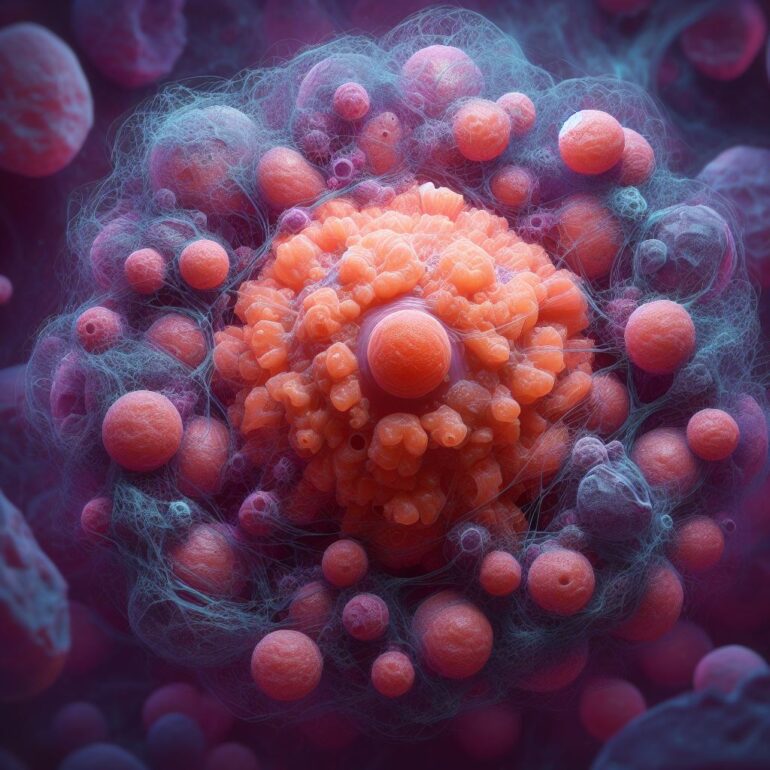TL;DR:
- Merck collaborates with Owkin to enhance cancer diagnostics using AI.
- Owkin’s AI platform expands to create tests for various gastrointestinal cancers.
- MSIntuit CRC program receives CE Mark approval in Europe.
- Identifying microsatellite instability crucial in colorectal cancer treatment.
- MSI-H status testing is recommended globally but not commonly done in four targeted cancer types.
- Owkin’s AI diagnostics aim to streamline workflows and improve patient-tailored treatments.
- Keytruda’s FDA approval is based on MSI-H status.
- Digital tests for new cancers set to launch in Europe under Merck’s MSD brand.
Main AI News:
In a strategic move, Merck & Co. has joined forces with the AI pioneer, Owkin, to embark on a groundbreaking venture in the realm of digital diagnostics for cancer assessment. This collaborative endeavor marks a significant expansion of Owkin’s machine learning-driven platform, initially designed to ascertain microsatellite instability status in colorectal cancer patients. Now, this innovative technology will serve as the foundation for the development of analogous tests in endometrial, gastric, small intestine, and bile duct cancers.
Owkin’s trailblazing MSIntuit CRC program, already bestowed with the prestigious CE Mark approval in Europe, plays a pivotal role in the pre-selection of scanned pathology slides. It efficiently prioritizes slides that warrant comprehensive examination through immunohistochemistry testing, PCR screening, or next-generation sequencing, thus capturing crucial genomic biomarker data.
For individuals diagnosed with colorectal cancer, the determination of microsatellite instability status holds immense importance in devising an effective treatment plan. Microsatellite instability signifies flaws in a cell’s capacity to rectify errors within its DNA structure. Those exhibiting high levels of microsatellite instability may derive fewer benefits from conventional chemotherapy but can experience superior outcomes when paired with targeted immunotherapies, such as Merck’s acclaimed immune checkpoint inhibitor, Keytruda.
Currently, international cancer treatment guidelines recommend testing for high microsatellite instability status, denoted as MSI-H. Approximately 15% of colorectal cancer patients possess this pivotal biomarker. Surprisingly, this screening practice is not typically employed in the four cancer types targeted by the Merck-Owkin collaboration.
Meriem Sefta, Chief Diagnostics Officer at Owkin, emphasized the pressing need for AI-driven diagnostics that can streamline workflows, alleviate resource constraints, and enhance biomarker testing to tailor treatments to individual patients. In her statement, she affirmed, “It is clear that there is a need for AI diagnostics that can both ease bottlenecks and resource pressures while also ramping up biomarker testing to match patients with optimal treatments.”
Notably, Keytruda achieved a groundbreaking milestone in 2017 when it gained FDA approval for its application in tumors characterized by MSI-H status, irrespective of their location within the body. Owkin’s forthcoming digital tests for endometrial, gastric, small intestine, and bile duct cancers are set to make their debut in Europe, where Merck operates under the name MSD. This strategic collaboration between Merck and Owkin represents a promising leap forward in the quest for more precise and effective cancer diagnostics and treatments.
Conclusion:
Merck’s strategic partnership with Owkin to leverage AI in cancer diagnostics signifies a significant advancement in the healthcare market. By expanding microsatellite instability testing to multiple cancer types and streamlining diagnostic processes, this collaboration aims to enhance patient outcomes while addressing resource challenges. Furthermore, it capitalizes on the success of Keytruda, highlighting the growing importance of precision medicine and AI-driven solutions in the healthcare sector.

